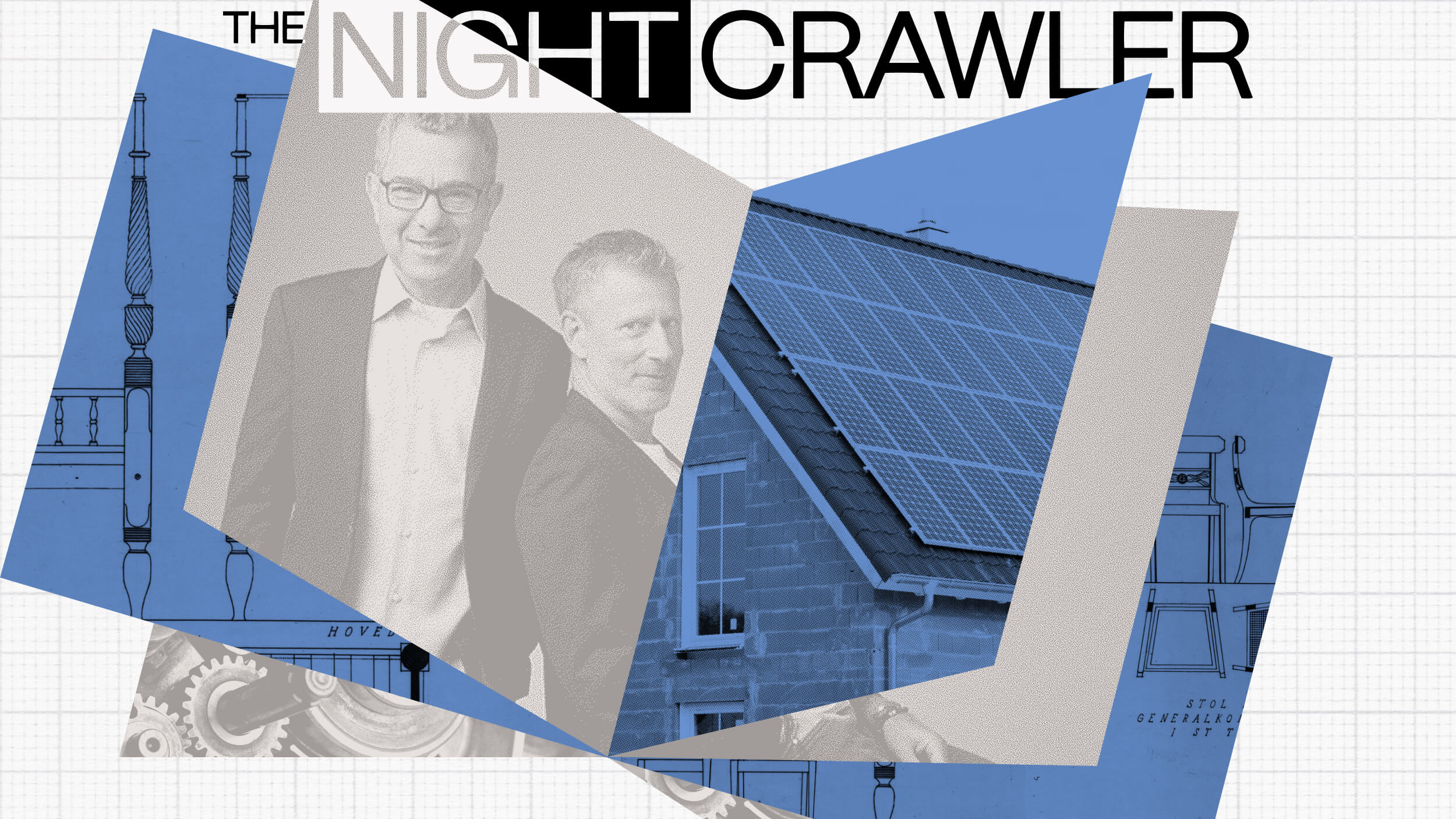Getting creative with the raw materials of beer.
Question: What does a Brewmaster do?
Garrett Oliver:The Brewmaster is essentially the chef of the brewery. So, I am responsible for everything that has to do with the beer from the concept, the original concept of the beer, to the all the raw materials, all of the recipes all of the procedures, everything that has to do with having the beer turn out the way that it’s supposed to, and my job essentially ends when your glass is empty, and you hopefully order another one. So it really is absolutely everything and, you know, designing the brewery have everything is do with the equipment etc. So you can think of it as being similar to the chef who well conceive everything that has to deal with the food but also is looking at things like you know those the equipment in the kitchen run properly how is the kitchen designed, running the staff in the kitchen. All those sorts of things are basically what the Brewmaster does.
Question: What went into building the Brewery?
Garrett Oliver: Well the when you look to build a Brewery your buildings if you are build in the ground up it’s different then if you are building inside of an existing building like it is for building a kitchen you have to have conditions that could be made sanitary you have to have obviously the right amount of electricity and water and everything else and you have to have enough space for people to work in, space obviously to put your tank edge, your equipment and if you expect to be successful you also have to have some space to expand which makes it different than a kitchen because usually when some one goes to start a restaurant they don’t say well suppose we do really well we will need a bigger kitchen and we will have to add more seats normally you are with in a confined space you have a kitchen that can serve say the 200 seats and that’s what you have. A Brewery tends to be a bit different most people will prefer a space where they can expand a bit.
Question: How do you start a new recipe?
Garrett Oliver: For good Brewery has the idea in their head what of everything about the beer before they started brewing it, you can see it, smell it, taste it everything before you get started it’s not supposed to be an experiment. It’s supposed to come in the other direction where you have a concept an idea you have been inspired by these several things you want to combine this with that what ever it is and then you are figuring out almost backwards engineering okay how do I achieve this concept that I have and that in a way is the art because there is a blend of art and science in Brewing or I should say in craft Brewing versus industrial brewing is almost all science. There is no art, however if you are doing craft brewing which is Brewing, traditional beer for flavor that’s the whole different thing so, I have a concept first of what the beer is going to be and then I worked backwards to see okay what do I need to create those what yeast strains, what malt what hot varieties, what temperature is the different parts the process and the thing about brewing is that there is absolutely nothing about it that doesn’t count ever single last thing matters if you do the mesh of a 105 degrees you will get a different beer than if you do it a 108 degrees so it’s all the little menu sure put together in to one in to one thing.
Question: How do you test a new batch?
Garrett Oliver: There are certainly all ways to do test brewing, we don’t do it. I have been professionally for 18 years now and if I don’t have a pretty good idea and of how it is going to turn out by now it’s probably tying to pack the bags and go home. I am not a big believer in test brewing because it is just not something that I think you can, you can get some basic ideas of things but most people who were doing test brews of things really they don’t get out so much so to speak they don’t, they don’t do as many different types of beer as we do, so I think that we have a wide range of experience about how to produce different things. Now when you are doing something which is completely different, than you have ever done before for example we recently started doing beers which are re-fermented in the bottle, we did run test brews and really what we were testing was not really the beer itself because we knew how the beer will turn out, it was the bottle re-fermentation part which basically nobody else in the country is doing the way that we do it and there really isn’t any place to read about how to do it or what ever else, so that was something what we felt like we needed to do test brewing and in the last I can’t remember how many years it was pretty much the only time.
Recorded On: March 25, 2008





